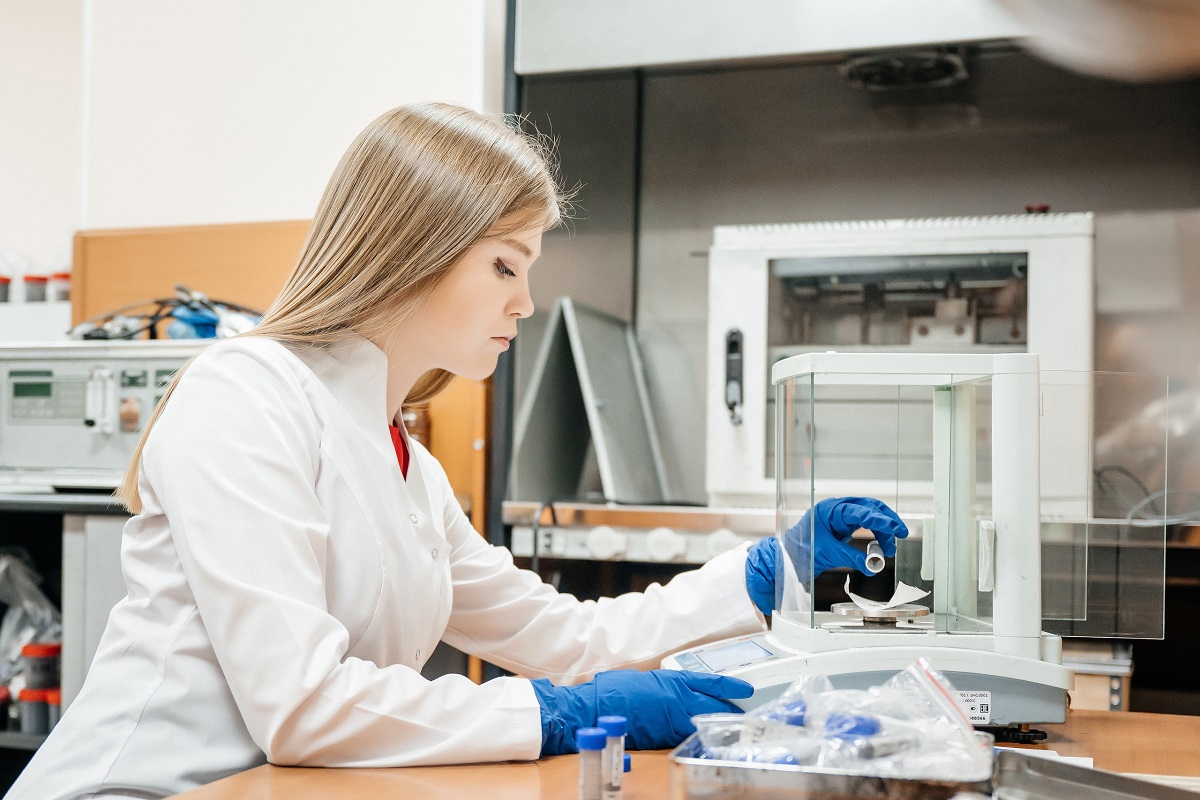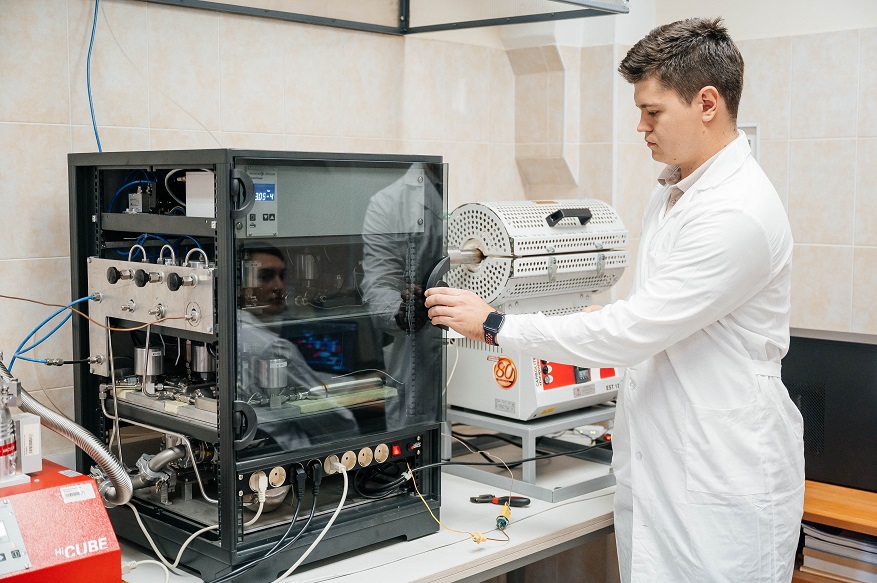Scientists from the School of Energy and Power Engineering at Tomsk Polytechnic University, supported by the Priority 2030 program, have created a ceramic made of carbon obtained from plant material - pomelo peel. It has a unique structure and repeats the morphology of the plant. The ceramic can be used as a filter to capture carbon dioxide.
The researchers' findings have been published in the New Journal of Chemistry (Q1, IF: 3,3).
To produce carbon, the scientists used various types of waste from the food industry: citrus peel (tangerines, pomelos), coconut and walnut shells, dried banana peel, birch leaves, and grass. The raw materials were processed by pyrolysis - thermal utilization in an oxygen-free environment.
"Carbon obtained from plant raw materials has unique properties due to the presence of the plant's own structure. In our case, the morphology of the obtained carbon repeats the morphology of the plants, i.e. it has pores and other features of the structure. We conducted studies on the obtained carbon and found out that of all the plant wastes we use, carbon from pomelo peel has excellent properties for the production of refractory ceramics," says Kirill Larionov, Associate Professor at the TPU Butakov Research and Education Center.
The scientists mixed pomelo peel carbon powder with titanium powder and subjected it to plasma synthesis in an electric arc reactor. The resulting titanium carbide was studied by X-ray diffraction, electron microscopy, and differential thermal analysis.
"The properties of the carbide are comparable, and in some cases superior, to those of titanium carbide powder made from technical carbon. Its main advantages are its low cost and higher specific surface area, i.e. it reacts better with metal," adds Arina Svinukhova, one of the authors of the project and an engineer at the Laboratory of Advanced Materials of the Energy Industry.
The scientists sintered titanium carbide powder by spark plasma sintering and obtained a sample of the ceramic. It has high mechanical properties and, according to the scientists, can be used to make filters that capture CO2.
"This project is embedded in the global agenda of the fourth energy transition, it touches on the processes of waste processing and the extraction of useful materials from them, which are in demand in new energy technologies. For example, ceramics made from plant carbon can not only capture carbon dioxide, but also perform carbon utilization. This is one of the possible solutions to the task of decarbonization currently set by the country's government," says Alexander Pak, head of TPU's Energy of the Future strategic project.
The scientists plan to continue working on the synthesis of titanium carbide using other types of biocarbon and to produce ceramics based on it to compare its properties with similar samples.



